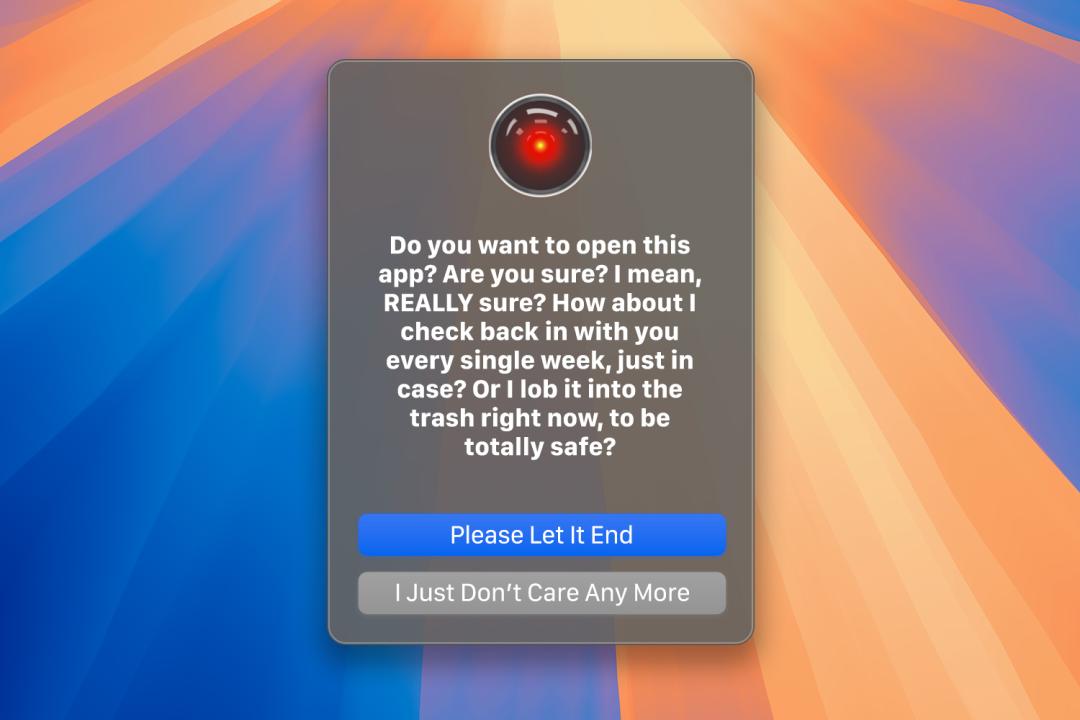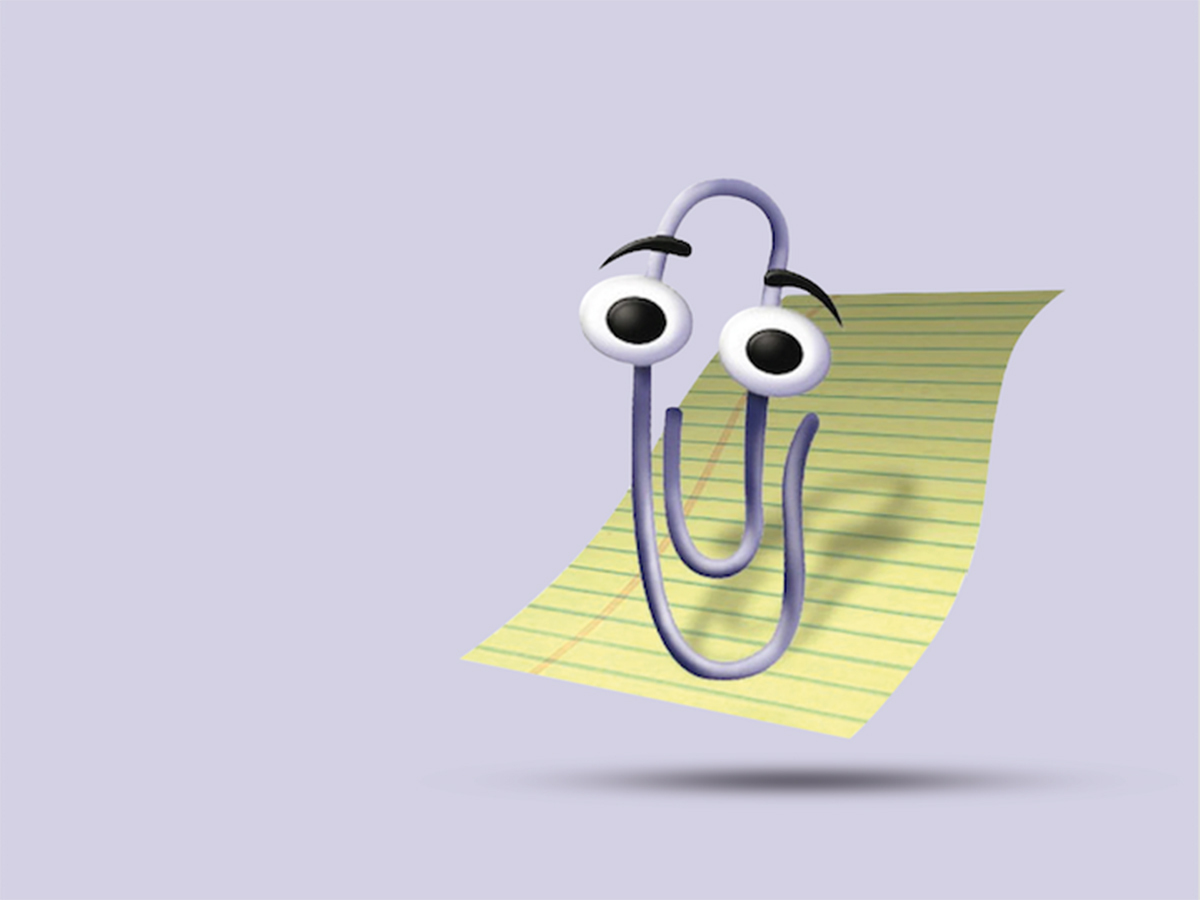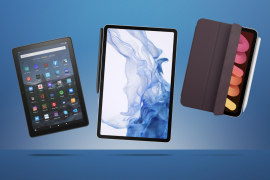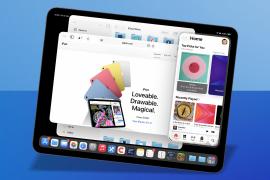Apple stealing Windows Vista’s worst feature is not a good look
Endless security alerts turned Windows Vista into a joke. Now Apple is doing the same with macOS Sequoia, Mac users aren’t the ones laughing

“Good artists copy. Great artists steal.” Apple co-founder Steve Jobs used to love that quote, which was misinterpreted by people who should know better. What it didn’t mean: cloning existing ideas is great. Instead, he was talking about taking something and making it better than – or at least different from – what went before. Apple continues to do this – but I’d argue stealing Windows Vista’s worst feature is a step too far.
But let’s back up a bit. Apple is currently embroiled in a game of Whose Device Is It Anyway? The company has determined iPhone and iPad users should only install apps it approves of. But some months ago, the EU yelled “NON”. And once someone at Apple HQ had run that through Apple’s Translate app, they were shocked to learn this meant the EU wasn’t happy. Mon dieu!
Apple has since grudgingly allowed people in the EU to install third-party apps. With other regulators taking note, the logical conclusion is we’ll all soon – a mere two decades after the iPhone’s launch – be able to install what we like on an Apple blower. However, the Mac is heading in the opposite direction.
Security blanket
The rot set in during macOS Catalina, where Apple reached 0.7 on the Windows Vista scale. The Gatekeeper system went hardcore about apps from beyond the Mac App Store. This forced you to jump through hoops to launch any app that Apple had not notarised. Apps also had to ask for permission to access folders and certain features. This could backfire to a comical degree when you had the misfortune to migrate to a new Mac. On first launch, you’d watch in horror as dozens of dialog boxes sprang up, due to launch-at-login apps being surprised to find themselves on new hardware and duty-bound to ask for permission to exist.
This was a stark departure from Apple’s long-held stance, as famously articulated in the Get a Mac ad campaign. And Apple’s now doubling down in the macOS Sequoia beta, stealing in a bad way, and dialling things up to a 0.9 on the Windows Vista scale. You can no longer quickly launch apps that are not notarised. Before, you could Ctrl-click one in Finder, choose Open, and enter your admin password. Now you must go to System Settings, head to Privacy & Security, click Beware of the Leopard, turn around five times, chant “I love Apple” for exactly eight minutes, wade through a million dialog boxes (even if you’re an admin) and argue tersely with Siri before the Mac will deign to open your app.
Above sequence lightly edited for comic effect; although, believe me, what I wrote is precisely how it feels.
Screen scare

This week, Apple perversely added another layer of friction. Now, third-party apps that use the screen recording system (including voice chat apps and utilities like xScope where screen recording is not their primary function) must ask for permission every single week. It doesn’t matter if you’ve used an app for years. And macOS won’t, say, intelligently check in after increasingly lengthy time periods, before quietly assuming you know what you’re doing. Because it thinks you’re a child and not qualified to know whether an app is safe to run.
And, yes, I know: Apple is protecting us. What if an app did nefarious things without my knowing? What if I accidentally approved an alert that said, “This app is going to steal your trousers and shave your head while you’re sleeping”? Surely I’d want a follow-up? But not every week! And not without a “Please just STOP” button after the 47th time I’ve granted permission!
Apple’s endless security alerts risk people no longer caring and mindlessly approving everything, just to get on with their lives. And the company is burning through goodwill in not trusting users while simultaneously hinting that it doesn’t really want the Mac to be an open platform. Maybe the PC guy from those ads will get the last laugh after all.



